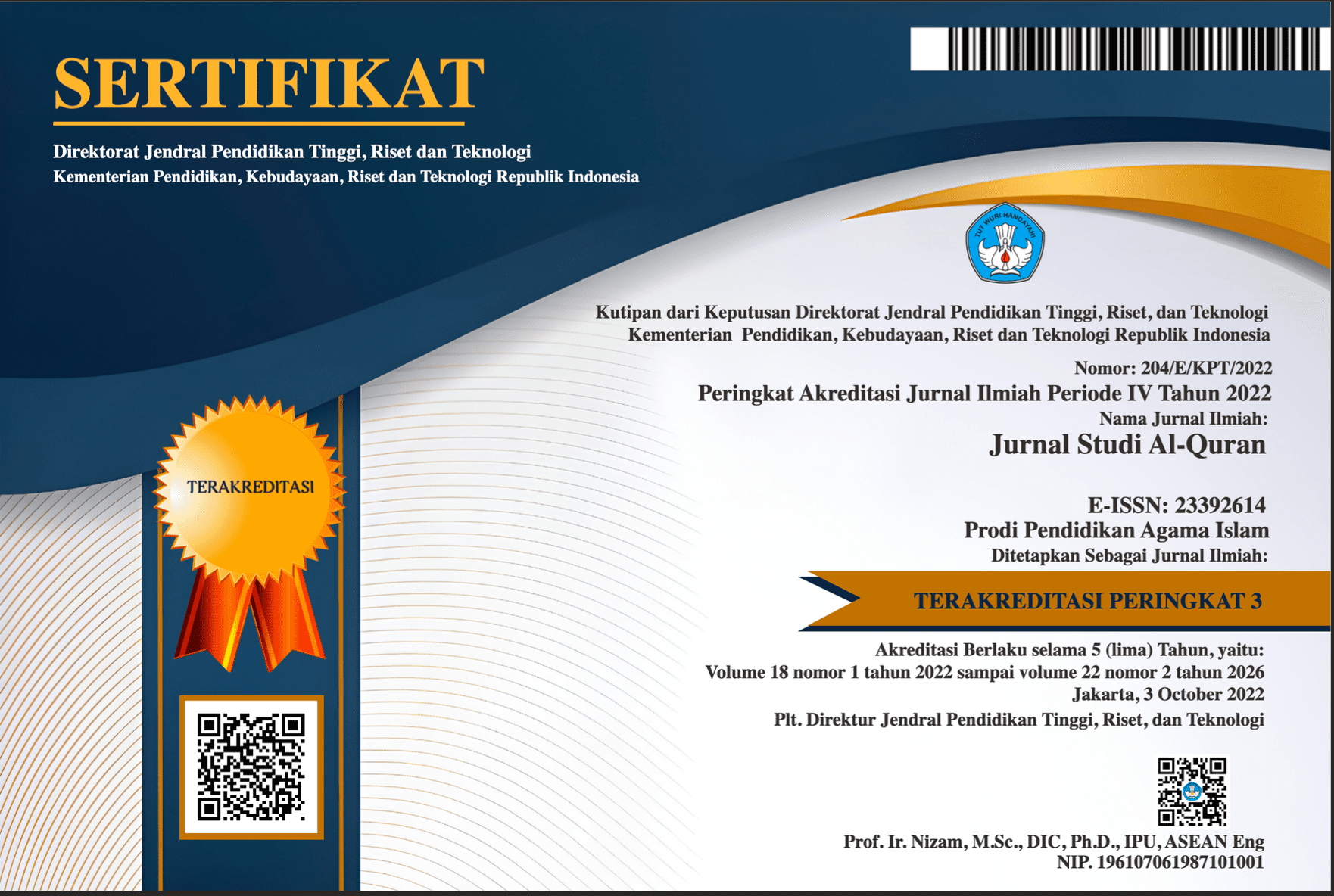Nothing to Fear: Misreading the Ulama’s Fatwa and its Legal Effect on Indonesian Society
Keywords:
Indonesia Ulama Council (MUI), Fatwa.Abstract
The relation between the state and ulama in Indonesia is intriguing, especially with regards to issuing fatwa and the people’s response and perception towards the consequences it may have on their civil and/or religious obligations. This paper aims to examine the phenomenon of fatwa by ulama on several matters, the development of fatwa by the Indonesian Ulama Council (MUI), and the result of the fatwa issuance in causing the societal confusion and controversy through time. It is argued that the fatwas issued by the MUI operate more as an official religious discourse rather than legally binding or affecting individual’s civil obligation. It is summed up that the fatwas are to a great extent simply a religious decree which can be accepted or rethought, and has no consequences on legal civil rights and obligation. The worry and controversy of the Indonesian Muslims are driven by the fact that it is an officially established religious institution and the ulama body which are highly regarded by many Muslims. In addition, there is neither strong connection nor absence of influence between the state and the ulama. The situation is not fixed and may change depending on the dynamics that take place in the level of state, social-culture, and religion.
Downloads
Published
How to Cite
Issue
Section
License
Authors who publish with this Journal agree to the following terms:
- Author retain copyright and grant the journal right of first publication with the work simultaneously licensed under a creative commons attribution licensethat allow others to share the work within an acknowledgement of the work’s authorship and initial publication of this journal.
- Authors are able to enter into separate, additional contractual arrangementfor the non-exclusive distribution of the journal’s published version of the work (e.g. acknowledgement of its initial publication in this journal).
- Authors are permitted and encouraged to post their work online(e.g. in institutional repositories or on their websites) prior to and during the submission process, as it can lead to productive exchanges, as well as earlier and greater citation of published works.
Users/public use of this website will be licensed to CC BY










